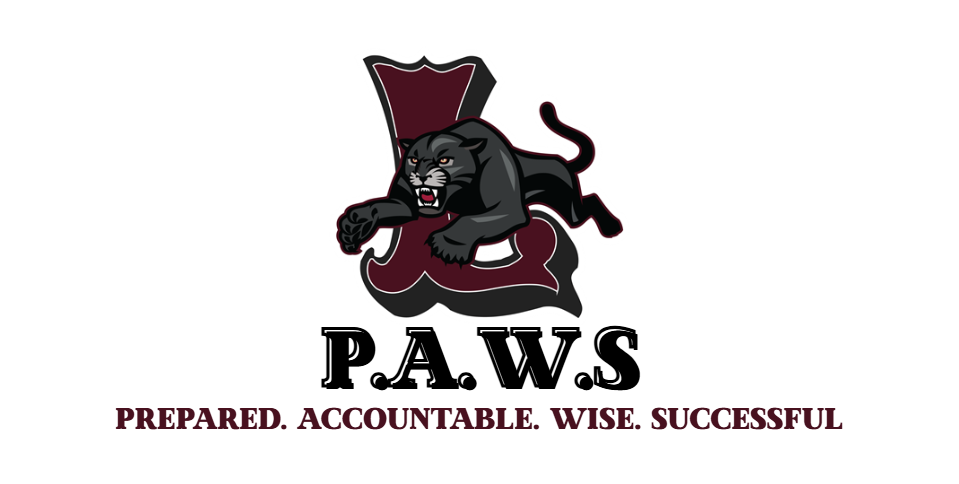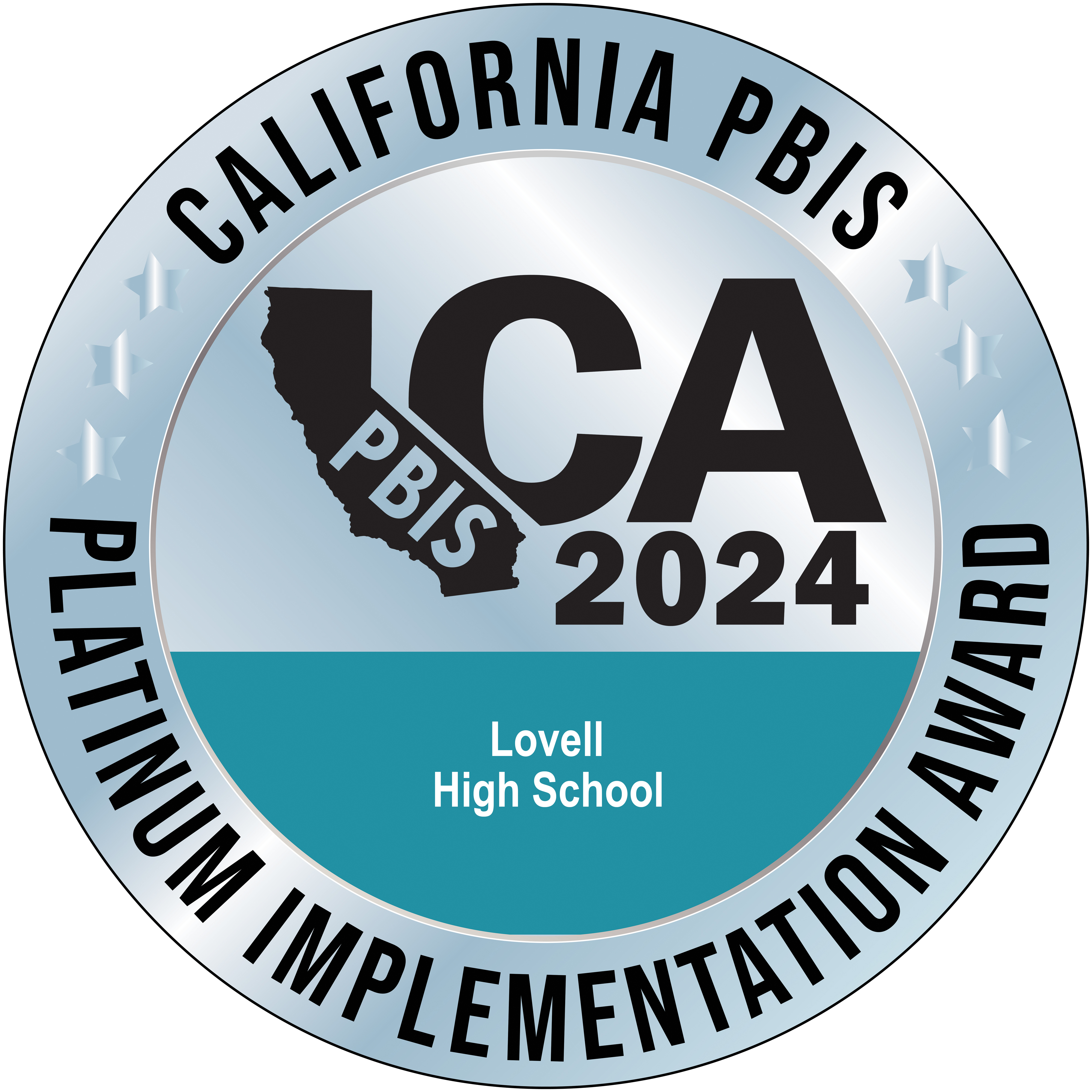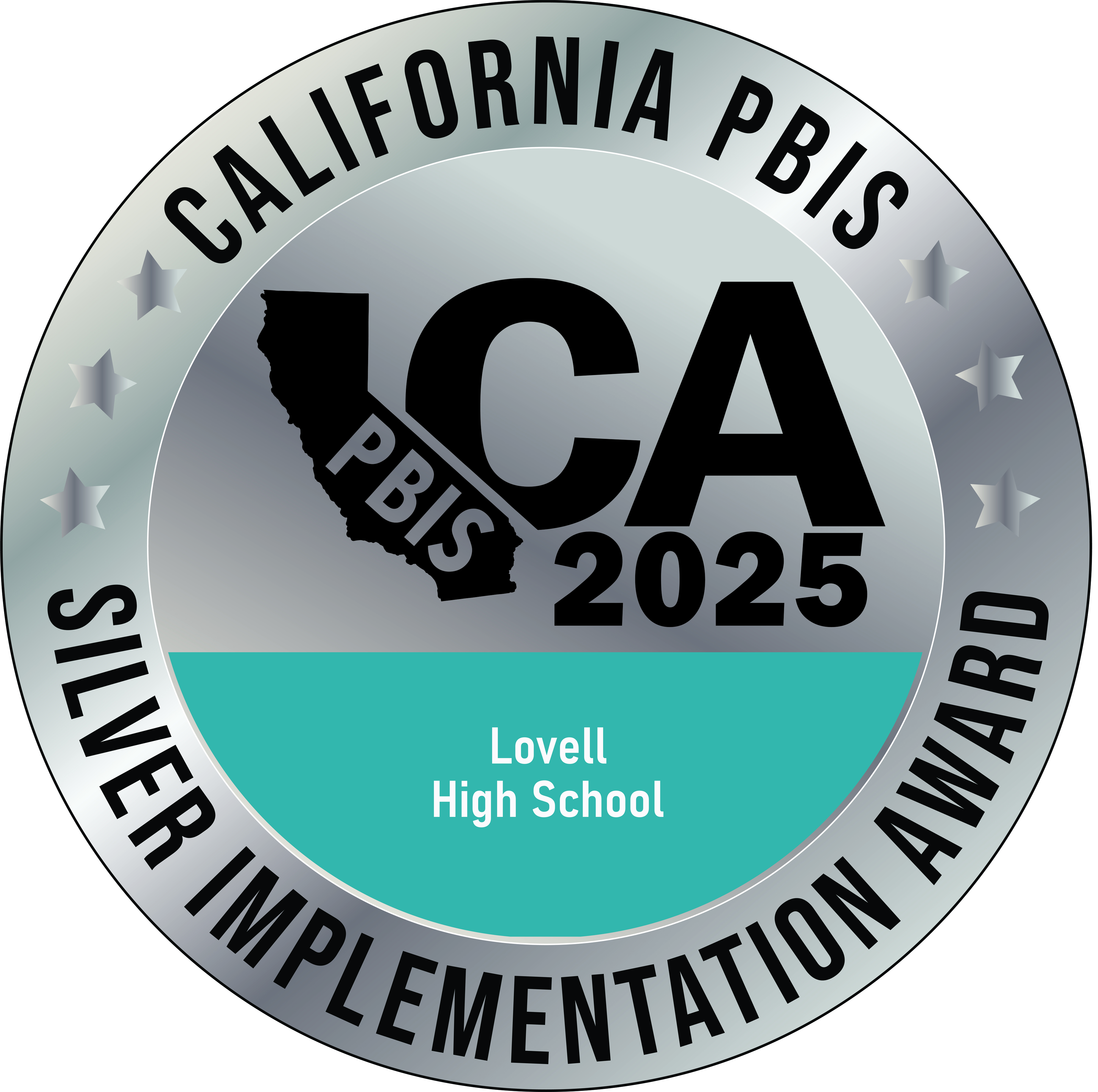
Positive Behavior Intervention and Supports (PBIS)

Prepared • Accountable • Wise • Successful
At our alternative education site, Positive Behavioral Interventions and Supports (PBIS) is not just a framework—it is a lifeline for students who deserve both high expectations and high levels of support. Guided by our core values of Prepared, Accountable, Wise, and Successful (P.A.W.S.), we focus on equipping students with the skills, relationships, and resources they need to thrive academically, socially, and emotionally.
It is crucial that our PBIS work is both data-driven and system-focused. Data allows us to identify patterns, celebrate growth, and address challenges early, while systems ensure that supports are equitable, sustainable, and consistently delivered. At the center of this approach is our belief in educating and supporting the whole child—attending not only to academics, but also to social-emotional well-being, behavior, and future readiness.
Just as important are the positive and genuine connections we build with students each day. Relationships are the foundation of PBIS in alternative education, helping students feel seen, valued, and empowered to succeed.
Our tiered framework provides multiple layers of support so all students can succeed:
Tier 1 (Universal Supports): Schoolwide expectations rooted in LOBOS LEAD, proactive classroom management, positive reinforcement, and activities that strengthen belonging.
Tier 2 (Targeted Supports): Check-in/check-out, small group supports for social-emotional skills, peer mentoring, and targeted academic supports.
Tier 3 (Intensive Supports): Individualized behavior and academic interventions, wraparound services, and family collaboration for students with the greatest needs.
Aligned Supports and Services
Our PBIS framework is strengthened by a multidisciplinary team that works together to support students holistically:
Administrators – Provide leadership, vision, and systems that ensure consistency, equity, and student-centered decision-making.
Counselor – Provides academic guidance, goal setting, and personal support.
Parent-Student Advocate – Builds bridges between home and school to strengthen family engagement.
Social Workers – Address barriers outside of school, connecting students to community resources and essential services.
School Psychologist – Offers expertise in mental health, assessment, and individualized supports.
Dedicated Teachers – Deliver rigorous instruction while modeling P.A.W.S. expectations and building meaningful relationships.
Support and Classified Staff – Including instructional aides, office staff, campus supervisors, cafeteria teams, and the groundskeeper, who help maintain a safe, welcoming school environment.
Through PBIS and the values of Prepared, Accountable, Wise, and Successful, we prepare our students not just to succeed in school, but to achieve lifelong success.


DATA DRIVEN DECISION MAKING THAT SUPPORTS STUDENT LEARNING
ATTENDANCE
BEHAVIOR
SOCIAL-EMOTIONAL
District Goal: 96%
California State PBIS Platinum Recognition Goal: 80% or more students with 0-1 major referrals
Site Goal: Provide wrap-around services to address needs of students
Data as of December 12th 2025 at 3:15pm
Lovell High School: 85.90%
Esperanza High: 87.63%
Community Day School: 81.72%
Data as of December 12th 2025 at 3:21pm
Percentage of 0-1 Referrals: 93.44%
Data as of December 12th 2025 at 3:22pm
Lovell High School: 100% of students have taken universal screener to address needs. 87% of students have been rated by teachers to address needs.
Esperanza High School: 64% of students have taken universal screener to address needs. 73% of students have been rated by teaches to address needs
Community Day School: 75% of students have taken universal screener to address needs. 88% of students have been rated by teachers to address needs.
HOW WE ARE SUPPORTING OUR GOALS AND HOW YOU CAN HELP
Attendance at school is supported with:
Student Attendance Challenges
Morning Wake-up Calls <--Click Here to Listen
NEW* targeted text messages to support parent and child communication
Automatic and personal phone calls
Home visits
School Attendance Review Team Meetings (SART) to support parent partnerships
Letters of Notification addressing attendance status
School Attendance Review board Panel Meetings
Behavior at school is supported with:
Whole school Reinforcement system on positive behavior expectations (Prepared, Accountable, Wise and Successful)
PBIS lessons on behavior expectations across campus
Other means of correction
Small groups to build skill development
Individual student conferences
Student Study Team Meetings
Behavior Contracts
Minor and Major Referrals
Parent conferences
Social Emotional Wellness is supported with:
Universal Screener with Dessa
School Wide Activities to bring Awareness
Class Presentations
Small groups to build skill development
Individual student conferences
Presentations from outside agencies to bring in awareness on important topics such as human trafficking etc.
Crisis Team Response
PPS credentialed staff
Here is how you can help at home:
Make sure students keep a regular bedtime
Lay out clothes the night before.
Establish a morning routine.
Ensure students go to school every day unless they are truly sick (e.g. child has a fever, is throwing up or has diarrhea versus a minor stomachache or runny nose.)
Avoid scheduling vacations or doctor’s appointments when school is in session.
Talk to school staff for advice if students feel anxious about going to school.
Develop back-up plans for getting students to school if something comes up.
Call on a family member, neighbor, or another parent to take your child to school.
Join our PBIS Team
Here is how you can help at home:
Maintain regular communication with school staff
Establish consistent daily routines and organized study space
Discuss choices, consequences, and model accountability
Practice decision-making and pause-and-think strategies
Focus on effort and celebrate individual progress
Help identify trusted adults and support systems
Know our systems of support and discipline process
Join our PBIS Team
Here is how you can help at home:
Create regular one-on-one time for open conversations
Model healthy emotional expression and coping strategies
Validate feelings while guiding appropriate responses
Encourage healthy friendships and social connections
Practice gratitude and mindfulness activities together
Keep communication with staff on students wellness
Ask how you can partner with us to make a difference on campus or at home
Join our PBIS Team
RESOURCES



